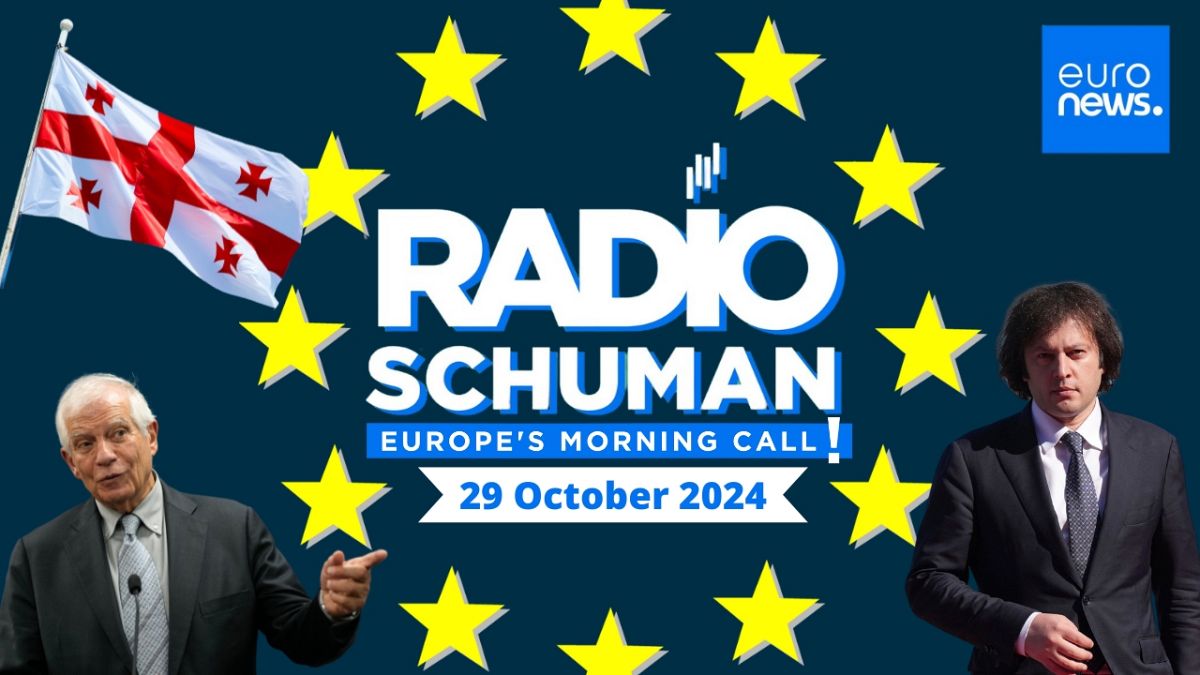After recent elections in Georgia, EU High Representative Josep Borrell has called on Georgian authorities to address reports of electoral irregularities and to undertake necessary reforms. The election victory of the Georgian Dream party has led to growing mistrust between Brussels and Tbilisi due to concerns over irregularities that were denounced by the opposition and EU observers. Borrell specifically highlighted the need to address electoral irregularities and implement reforms in the country. Two contentious laws in Georgia, the “foreign agents” law and a law limiting LGBTQ rights, have raised significant debate in Brussels and have raised concerns over the country’s alignment with EU standards.
Many officials in Brussels believe that Georgia is moving further away from its EU aspirations if the Georgian Dream party continues to pass legislation that suppresses freedom and limits rights in the country. The EU has taken action by freezing Georgia’s accession path and European Commission officials have ceased meetings with high-ranking Georgian officials. The EU is pushing for the withdrawal of the two controversial laws and the implementation of nine specific reform measures that have been deemed necessary for the granting of EU candidate status to Georgia. This political crisis in Georgia comes as the EU launches its enlargement package, which assesses candidate countries’ alignment with EU standards. The question remains: is Georgia set to become the EU’s new nightmare?
To gain further insight into the situation in Georgia, Radio Schuman recently spoke with political analyst Dionis Cenusa from the Lithuanian-based think tank Eastern Europe Studies Centre. The discussion highlighted the growing rift between Georgia and the EU, as well as the pressing need for reforms in the country to align with European standards. The recent election irregularities and controversial laws have put Georgia’s EU aspirations at risk, and it is crucial for the country to address these issues to avoid further alienation from the European bloc.
In addition to the situation in Georgia, Radio Schuman also discussed French President Emmanuel Macron’s visit to Morocco and its implications for EU policies on migration. Macron’s visit highlighted the importance of cooperation between the EU and North African countries on migration issues, as well as the need for a unified approach to tackling migration challenges. The discussions between Macron and Moroccan officials underscored the complexities of migration and the need for collaborative solutions at the EU level.
Lastly, Radio Schuman delved into the topic of Europeans living with their parents and explored which European countries have the highest rates of young adults residing with their families. This segment touched on the cultural and economic factors that contribute to this trend, as well as the implications for society and families. The conversation provided a unique perspective on living arrangements in Europe and shed light on the evolving dynamics of family life in the region.
Overall, the recent developments in Georgia have raised concerns within the EU about the country’s alignment with European standards and its future prospects for EU membership. The need for reforms and the withdrawal of controversial laws are crucial steps for Georgia to rebuild trust with Brussels and move closer to its EU aspirations. The situation in Georgia serves as a reminder of the challenges and complexities of EU enlargement, as well as the importance of upholding democratic values and human rights in candidate countries. It remains to be seen how Georgia will navigate these challenges and whether it will emerge as a success story or a cautionary tale for EU enlargement efforts in the future.











